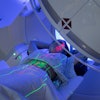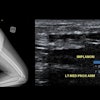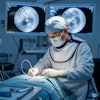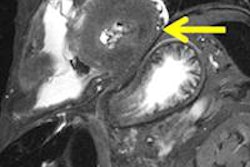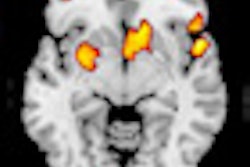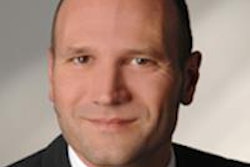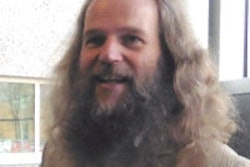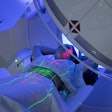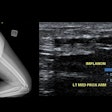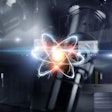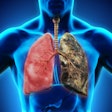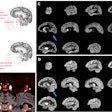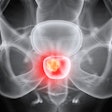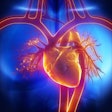With the support of the Austrian Science Fund, medical experts from Vienna are studying what happens to the memory processes of people who are on the brink of death due to cardiac arrest and have memories of the time when their heart had stopped after resuscitation.
From a scientific point of view, the phenomenon is hard to explain because electrical activity in the brain ceases seconds after the blood supply is interrupted -- maybe. "Although no comprehensive evidence of brain activity during cardiopulmonary resuscitation (CPR) has been found so far, this doesn't mean that it doesn't exist," said project lead Dr. Roland Beisteiner from the Medical University of Vienna.
Together with neuroscientist Dr. Michael Berger and emergency physician Dr. Fritz Sterz, Beisteiner will collect physiological data for the first time in the ongoing international Awareness During Resuscitation (AWARE) study, which is coordinated by emergency physician Dr. Sam Parnia in New York.
Emergency rooms of medical centers in the U.S., U.K., and Austria will be equipped with sensors to register blood flow and electrical activities in the frontal lobe. The three-year project is designed to produce improvements in the technical aspects of resuscitation.
"We need this research to understand what the brain can do," Beisteiner said. "Above all, it is important for physicians to know whether patients perceive things even if one cannot tell that from the outside."

